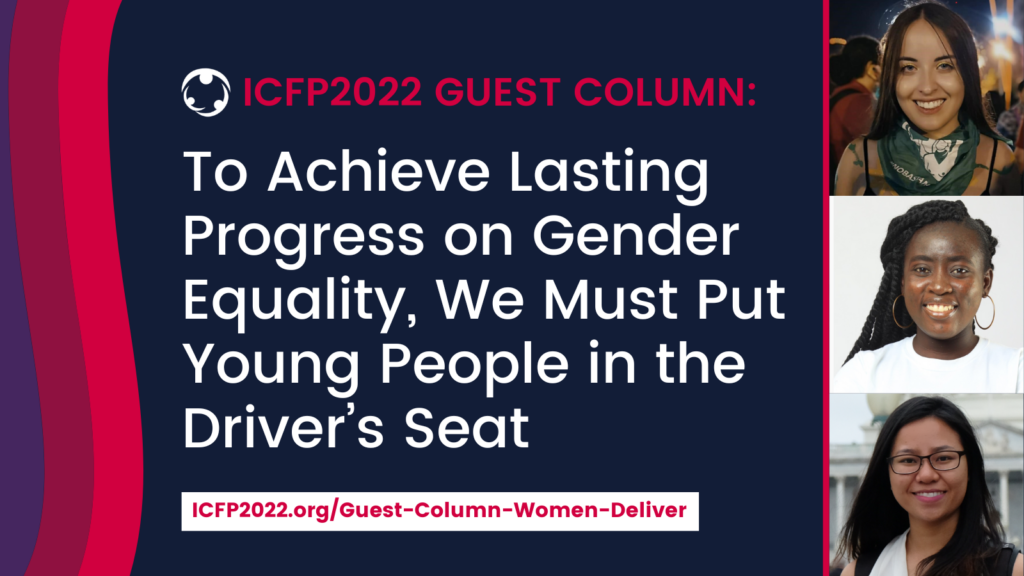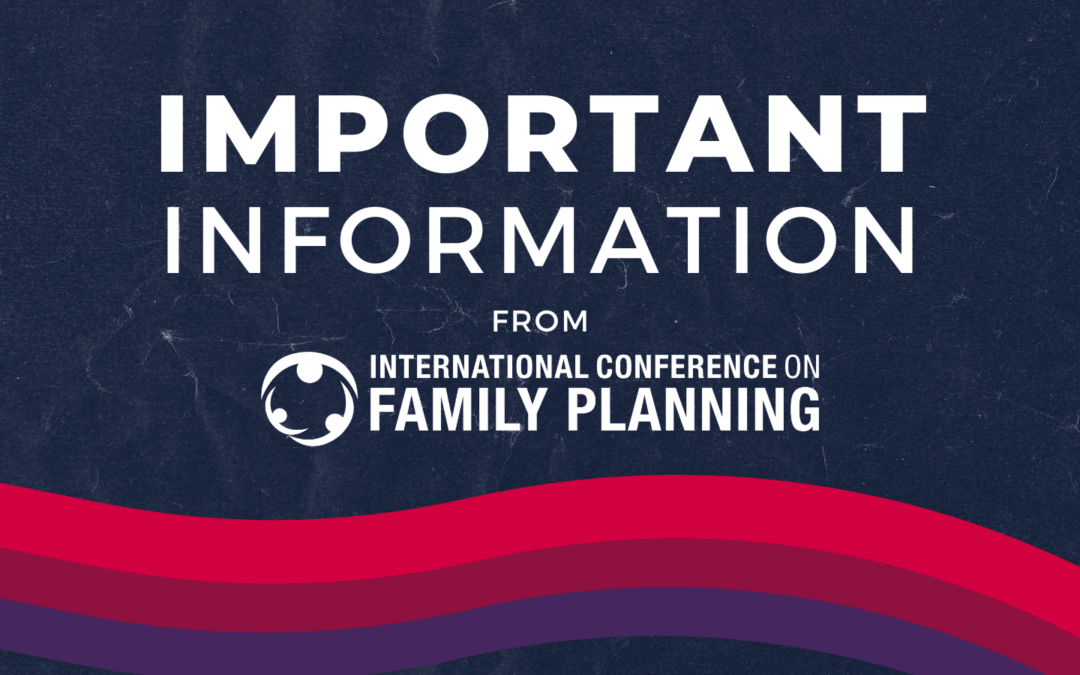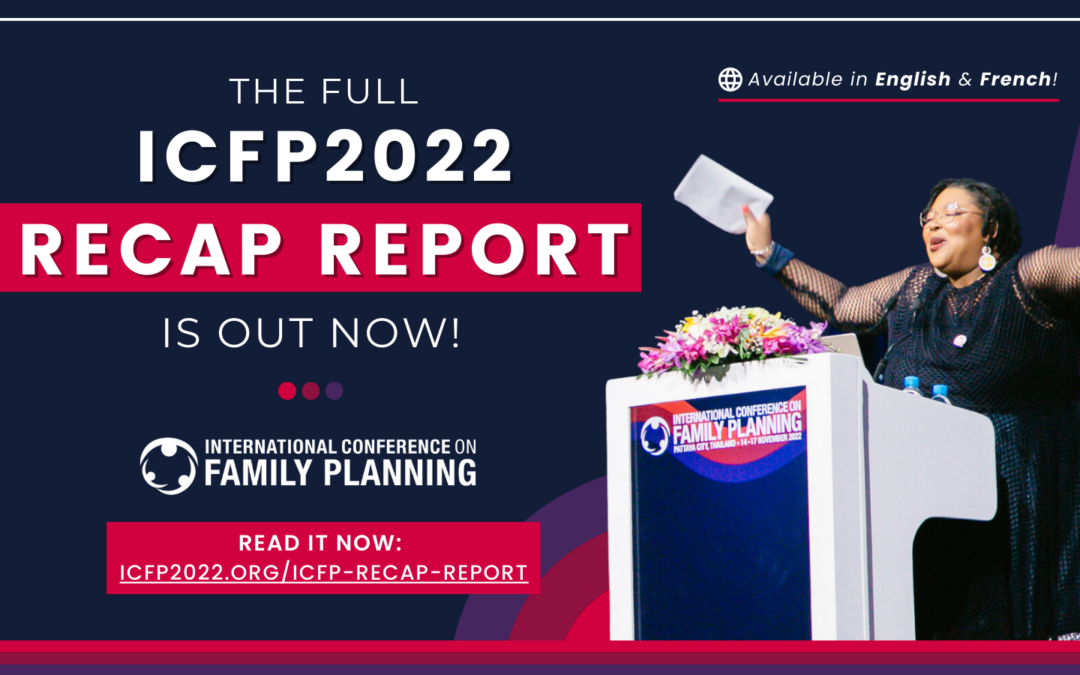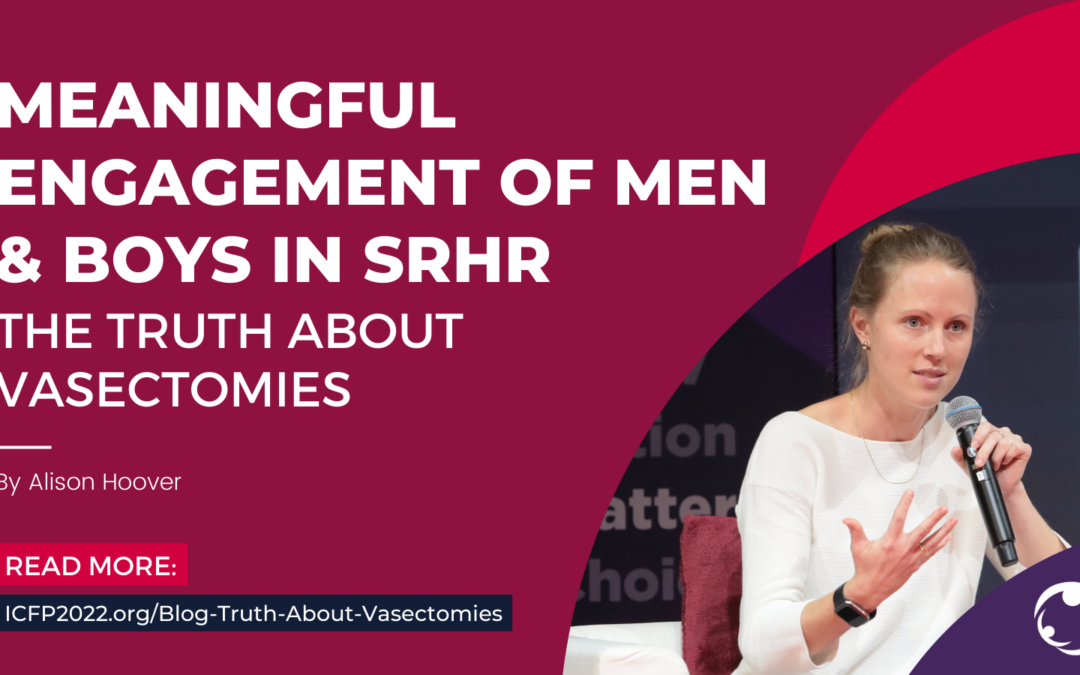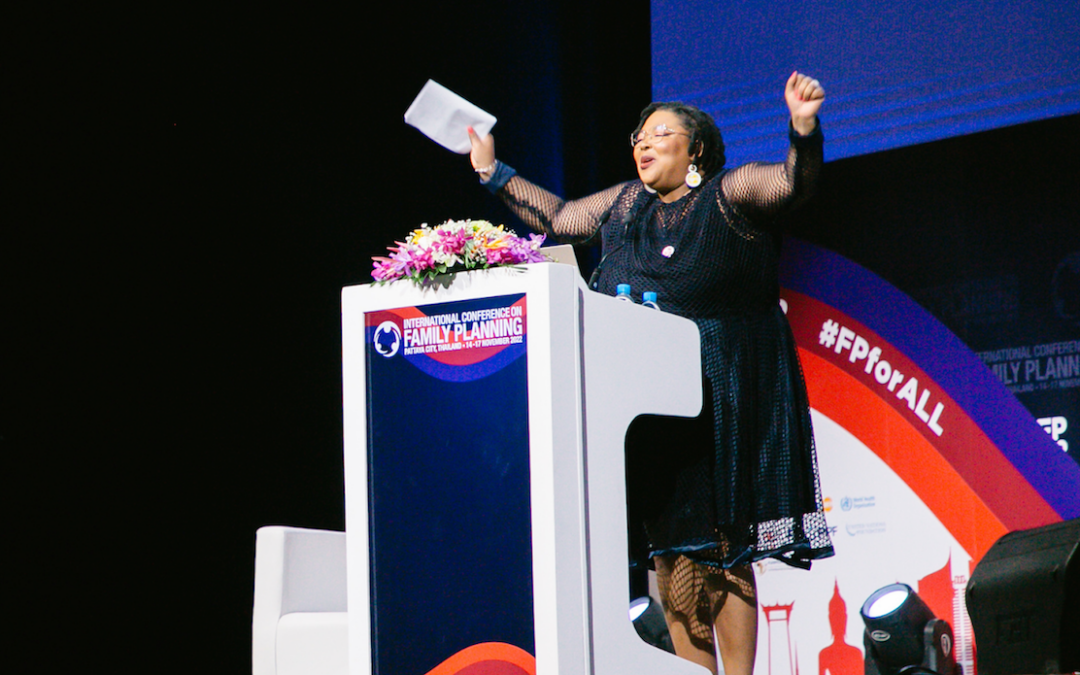GUEST COLUMN:
Young people, and particularly adolescent girls, are confronted by unique roadblocks in their most formative years.
In the very years when young people need space and support to dream and realize their aspirations — to study, to work, to explore interests, and to plan for the future — their health and fundamental human rights are most threatened. Around the world, gender norms and roles, and unjust laws and policies, continue to restrict girls’ and young people’s movement, agency, and ability to access education and make decisions about their sexual and reproductive health and rights (SRHR). Young people have a deep understanding of the social norms and institutional barriers that make shaping the life they want difficult, and sometimes, impossible. Realizing their health and rights, and following their lead on our collective journey to achieve gender equality is vital to lasting progress.
At Women Deliver, we view adolescence for what it is: a period of vulnerability, but also an amazing opportunity and a window of time where, with the right tools and resources, young people can and do lead the charge on advancing gender equality and girls’ and women’s health and rights, day in and day out.
Our recent study on the impact of the COVID-19 pandemic on SRHR, co-created with 20 youth advocates from around the world, demonstrated just that. Marginalized girls and women were most affected by the pandemic, including by an uptick in stigma and discrimination when accessing sexual and reproductive health (SRH) information and services. These girls and women also led the call for governments and other stakeholders to maintain SRH services, including adolescent and youth-friendly SRH services, particularly as part of gender-responsive universal health coverage (UHC) during the pandemic.
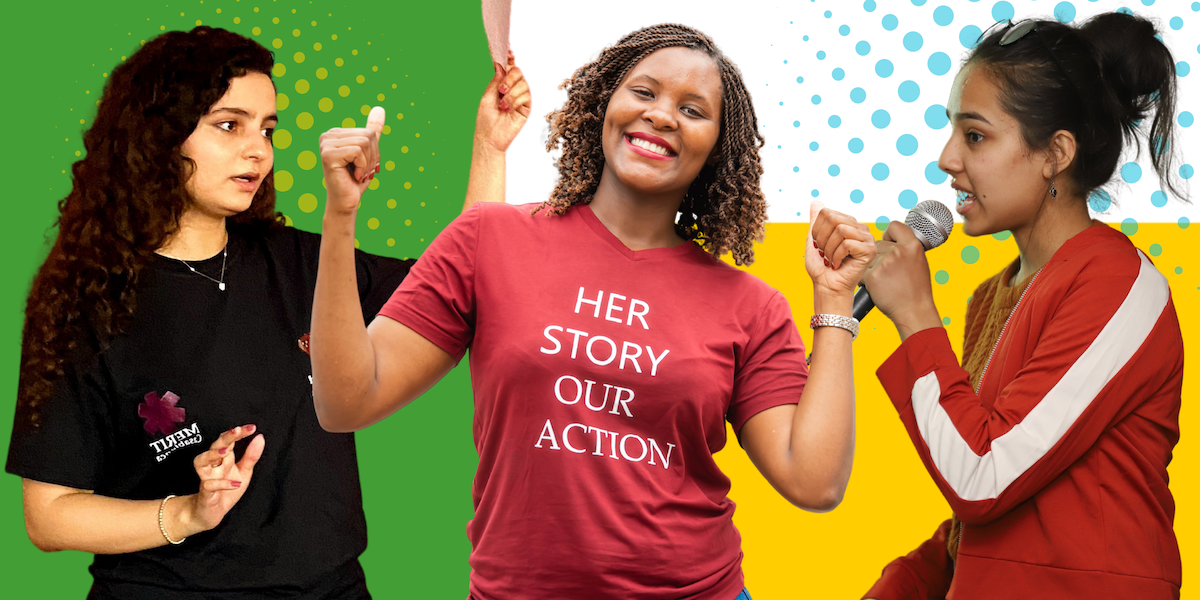
Recently, we committed to creating a new approach to meaningful youth engagement and co-leadership within the gender equality sector. This new approach centers adolescent girls and youth, especially those with marginalized identities, as designers, experts, and leaders, alongside traditional decision-makers and power-holders, in all gender equality advocacy spaces, convenings, and formal mechanisms. We are working with youth to articulate this new approach, create new advocacy tools and resources, as well as design capacity strengthening workshops to implement and advocate for the approach among key stakeholders in the gender equality space.
Why? Success in advancing gender equality and SRHR goes far beyond engaging young people in select initiatives. Success rests on putting young people, and particularly those most impacted by a program or policy, in the driver’s seat of all aspects of programming and decision-making.
The devastating and far-reaching impacts of climate change are just one example. While climate change impacts us all, girls and women face heightened impacts due to structural inequalities and gender roles that affect access to education, resources, and health services. Climate-related extreme weather events can cause physical damage to health facilities and infrastructure, with direct and immediate impacts on girls’ and women’s access to quality SRH services, including contraceptives, emergency contraception, safe abortion services, treatment and testing for HIV and other STIs, maternal and child care, counselling, and psychosocial support. Conversely, when everyone has access to the full suite of SRH services, girls and women are better able to manage risks, adapt to the shocks of climate change, and drive innovative solutions.
The expertise and unique lived experiences of the girls, women, and marginalized populations who are most impacted by climate change are too often ignored. Their meaningful inclusion — and leadership — in all aspects of decision-making on climate action and SRHR must be supported and uplifted. Only then can we advance progress on gender equality for all.
At upcoming global convenings, including the 27th Conference of the Parties to the United Nations Framework Convention on Climate Change (COP27) (6–18 November) and the International Conference on Family Planning (ICFP) shortly after (14–17 November), young people will once again lead on paving the way toward realizing gender equality, SRHR, and climate action. We’re honored and excited to support and center the work and expertise of several Women Deliver Young Leaders, including:
- Karin Watson Ferrer (She/Her/Hers) (Chile): As part of her work with Latinas for Climate, Karin will participate in meetings with civil society organizations and governments, as well as peaceful demonstrations, throughout COP27 to bring home the crucial message that “the climate crisis is a gender issue, and as such, womxn, especially womxn from the Global South, must be present in decision-making processes.”
- Mai Doan To Thuy (She/Her/Hers) (Vietnam): At ICFP, Mai Doan To Thuy will co-lead a session at the Youth Pre-Conference titled “Tell It Like It Is: Storytelling for Agency and Advocacy.” The session will explore the elements of a good story, how to develop and tell a story, and highlight the steps she took as a Women Deliver grantee to create a platform for people who have had an abortion to share their experiences, support other abortion seekers, and locate safe abortion services in Vietnam.
- Elizabeth Williams (She/Her/Hers) (Nigeria): As the national coordinator for the African Youth and Adolescent Network on Population and Development (AfriYAN) Nigeria, over the past two months, Elizabeth has been actively engaged in the development of a set of policy actions that prioritize young people’s SRHR that will be adopted by country delegations at ICFP. As a first time ICFP attendee, Elizabeth aims to network and secure resources to further her work on SRHR in her role as Executive Director of the youth-led Sustainable Impact Development Initiative.
Women Deliver remains deeply committed to supporting young people with financial resources, mentorship, coaching, and opportunities to share their expertise with decision-makers. Ultimately, making space for the leadership of the young people who are closest to and most affected by the many overlapping issues within gender equality — from SRHR and universal health coverage, to climate change and economic justice and rights — is essential to all global convenings.
Learn more about Women Deliver:

